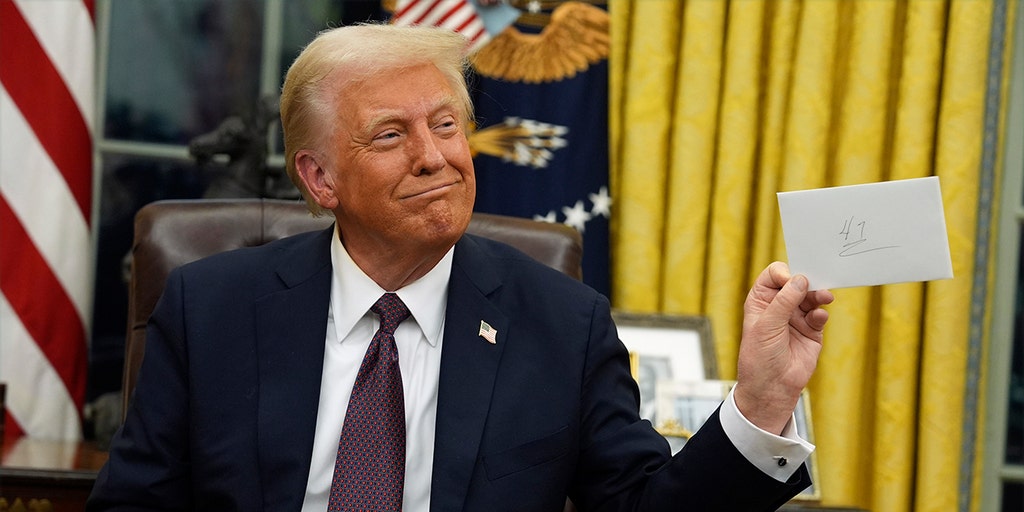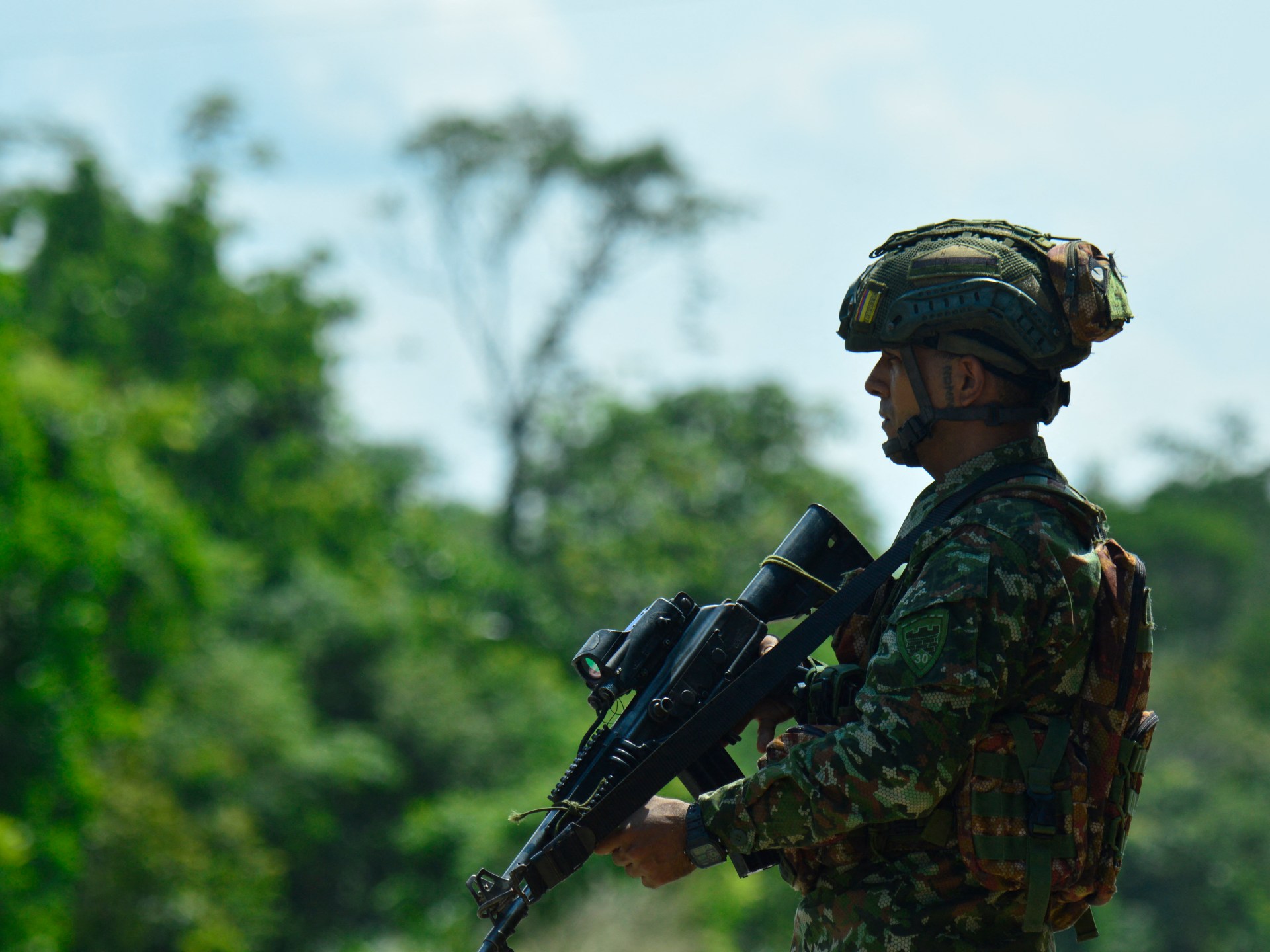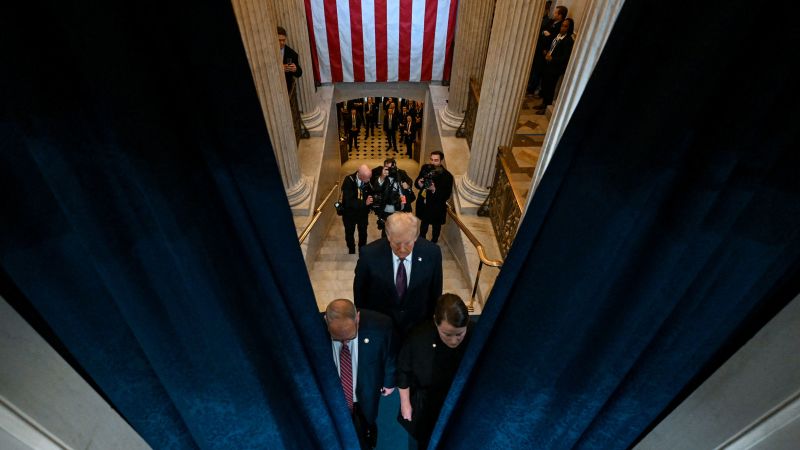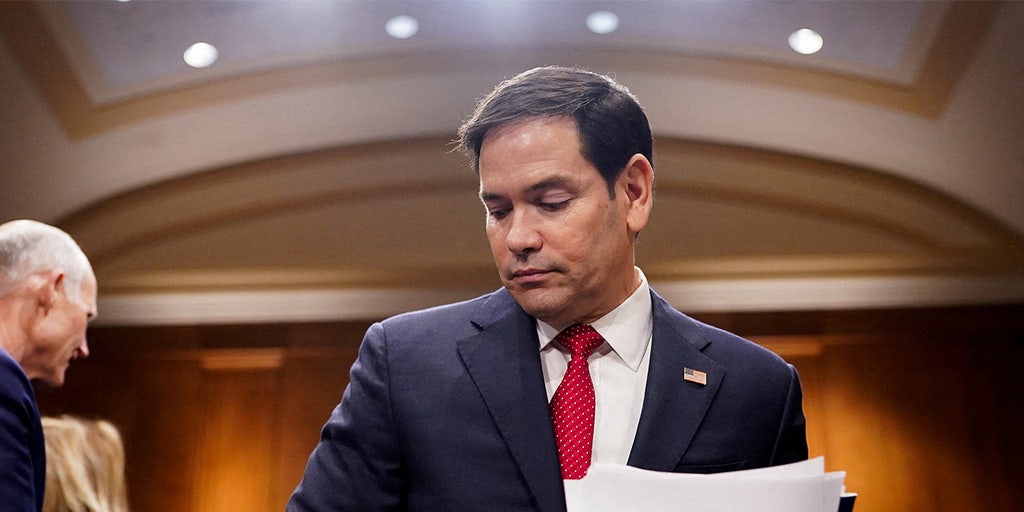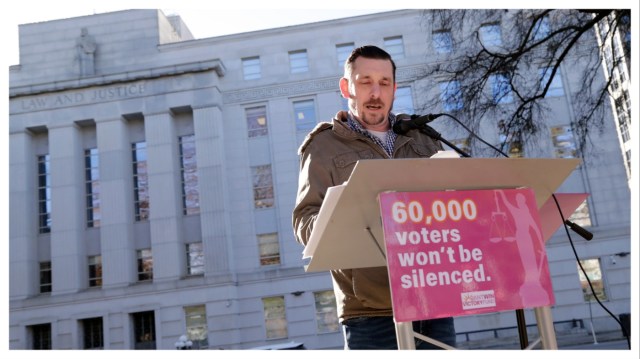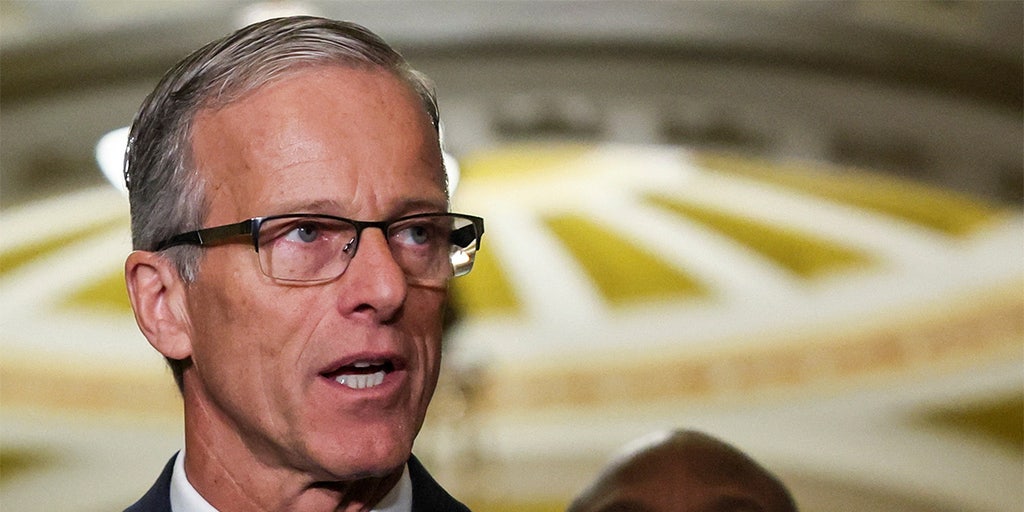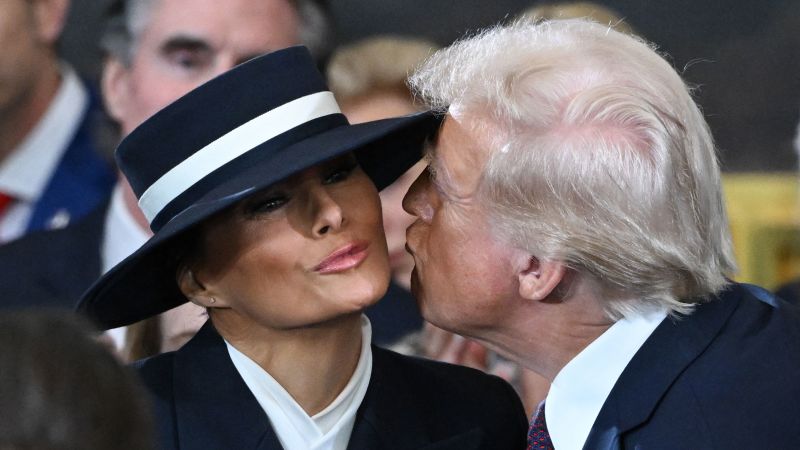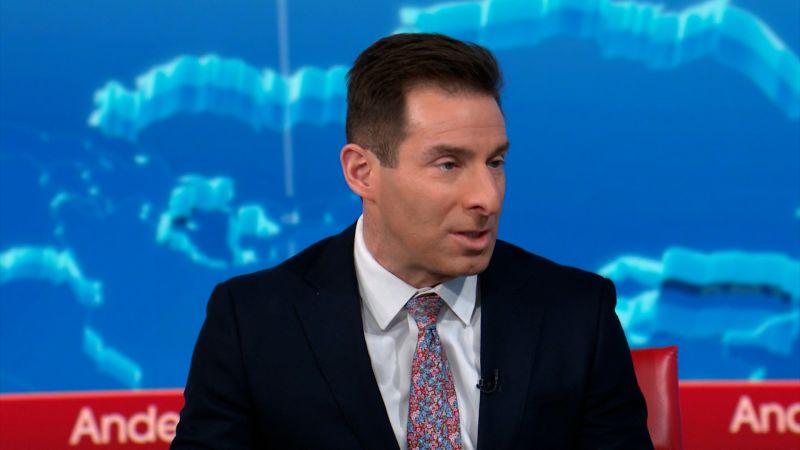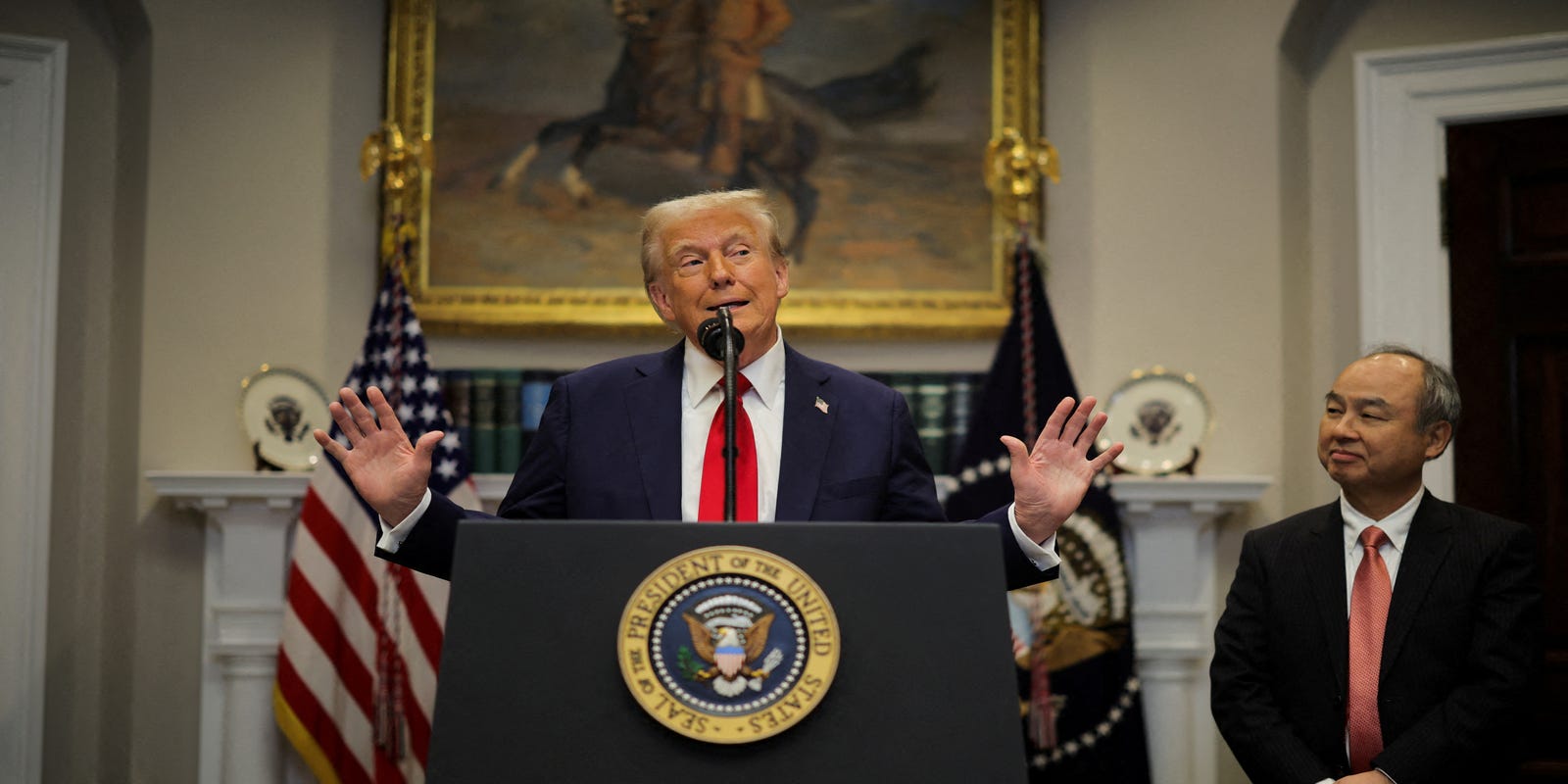
Breaking: Trump's Bold Move Reshapes Diversity Landscape with Sweeping Executive Orders
As President Donald Trump settles into his new role, Wednesday promises to be another pivotal day in the early stages of his administration. Following his inauguration on Monday, the new president continues to navigate the complex landscape of leadership and begin implementing his vision for the United States. The second full day of his presidency offers an opportunity for Trump to continue laying the groundwork for his policy agenda, meeting with key advisors, and addressing the numerous challenges facing the nation. With the weight of presidential responsibilities now squarely on his shoulders, every moment in the Oval Office becomes crucial in shaping the direction of the country. As the nation watches closely, President Trump's actions and decisions in these initial days will provide important insights into the tone and approach of his upcoming four-year term.



